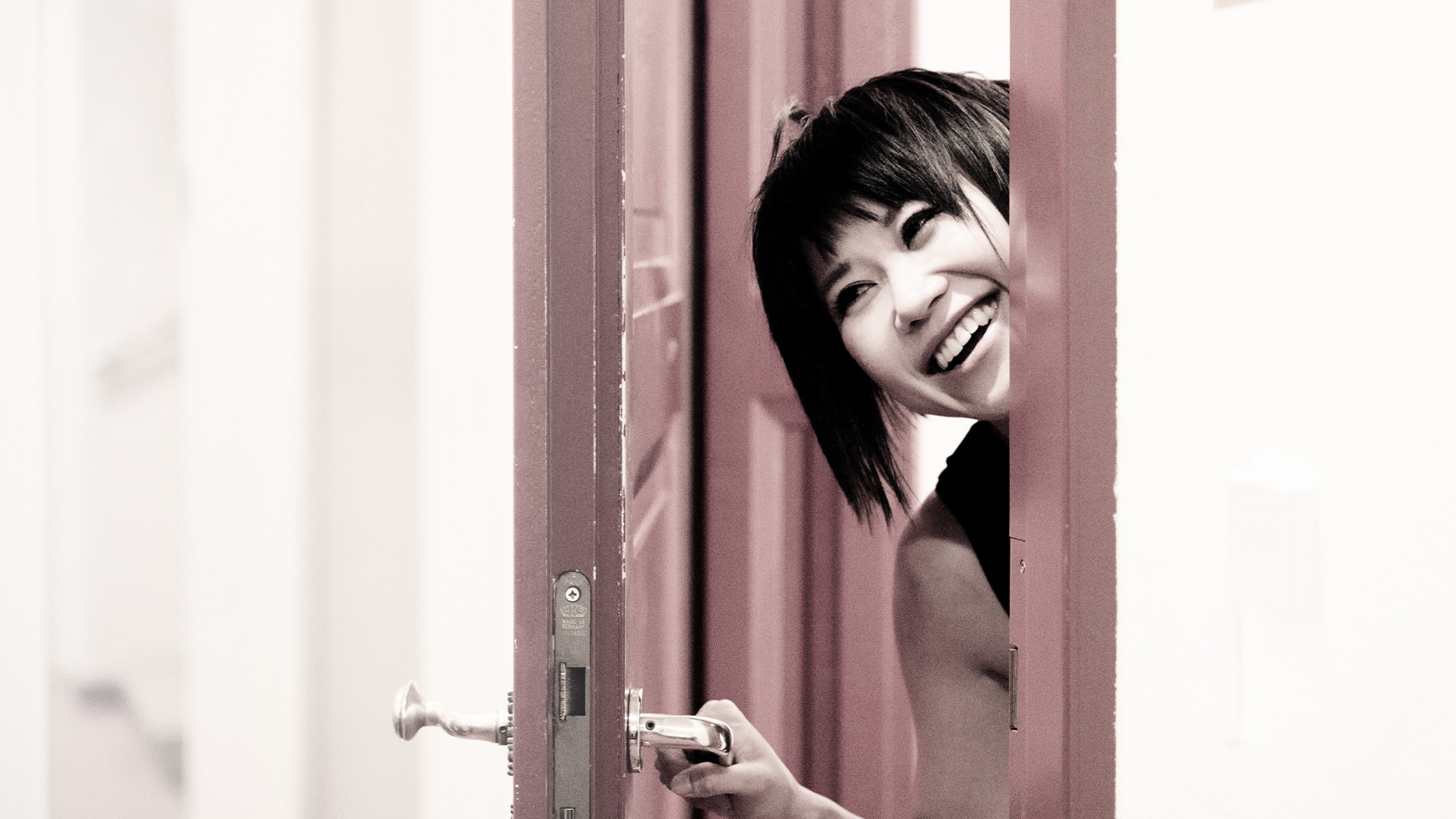YUJA WANG ANNOUNCES HER NEW ALBUM – THE VIENNA RECITAL

“Yuja Wang sent the Konzerthaus into raptures … the hall went wild!” (Der Standard, Vienna) – on 26 April 2022 the virtuoso pianist thrilled her Viennese audience with an astonishingly eclectic mix of repertoire. Recorded and filmed live on the night, the programme ranged from the early Classicism of Gluck to the improvisatory jazz piano of Kapustin, via music by Albéniz, Beethoven, Glass, Scriabin and more. As can be heard on her forthcoming album, taken from that acclaimed recital, Yuja displayed an effortless ease in switching between different eras and genres. Yuja Wang – The Vienna Recital will be released by Deutsche Grammophon on CD, on vinyl (2 LPs) and digitally on 3 May 2024, with three tracks issued ahead of the album: the third movement (Andante) of Scriabin’s Piano Sonata No. 3 on 22 March, Philip Glass’s Étude No. 6 on 5 April and Kapustin’s Jazz Prelude No. 10 on 19 April. Subscribers to STAGE+ can enjoy the filmed performance on the DG platform right now.
Reviewing the recital Yuja had given in London a few days earlier, Bachtrack noted that its “unpredictability added to [the] palpable excitement in a packed Royal Festival Hall”. Despite, or perhaps because of its eclecticism, this is unquestionably a programme with its own life, ebbing and flowing and creating a cohesive whole from its seemingly disparate musical elements.
Yuja opens, for example, with music by one of her famous forebears – the prodigious pianist and composer Isaac Albéniz. The modal tones of “Málaga” from his Iberia collection make it an unexpectedly perfect prelude to Scriabin’s epic and restlessly chromatic Third Piano Sonata. Similarly, the bluesy verve of the Kapustin Jazz Preludes that follow sets the scene for a return to Iberia and the vibrant colours and rhythms of “Lavapiés”.
Next comes a second large-scale work: Beethoven’s four-movement Sonata No. 18 in E flat major “The Hunt”, dating from the opposite end of the 19th century from Scriabin’s No. 3. Highlights here include the spontaneous rubato Yuja employs in the opening Allegro and the contrast she creates between the graceful Menuetto and the suitably fiery energy of the Presto con fuoco finale.
The pianist has previously recorded five of Ligeti’s Études for Deutsche Grammophon, and now she adds two more to the list – Nos. 6 and 13 – in brilliant style. No. 6, “Automne à Varsovie” (Autumn in Warsaw) has a rhyhmic complexity inspired in part by Nancarrow’s Studies for Player Piano, while there are echoes of Escher’s endless steps in the repeated ascents of No. 13 “L’escalier du diable” (The Devil’s Staircase). A third étude follows – No. 6 by Philip Glass, for which Yuja deploys a rich palette of harmonic and dynamic colours.
From New York to Mexico and a solo piano transcription (by Leticia Gómez-Tagle) of Arturo Márquez’s Danzón No. 2 (1994), full of sensuous syncopation. We travel back 100 years for a beautifully tranquil reading of Brahms’s Intermezzo in C sharp minor, Op. 117 No. 3, and further back in time again for the final work on the album, the “Dance of the Blessed Spirits” from Gluck’s Orphée et Eurydice, as arranged for solo piano under the title Mélodie by the 19th-century composer-pianist Giovanni Sgambati – one of Yuja’s favourite encores.
At the start of this season, Yuja Wang was interviewed by Gramophone magazine. The wide-ranging conversations led to a conclusion which sums up the spirit of this recital album: “Talking with Yuja confirms one thing above all others: she has a voracious appetite for music … she craves new experiences and opportunities to explore music she doesn’t yet know … It is this musical curiosity and desire for expanding horizons that will continue to make [her] a pianist of such self-renewing interest and importance.”





